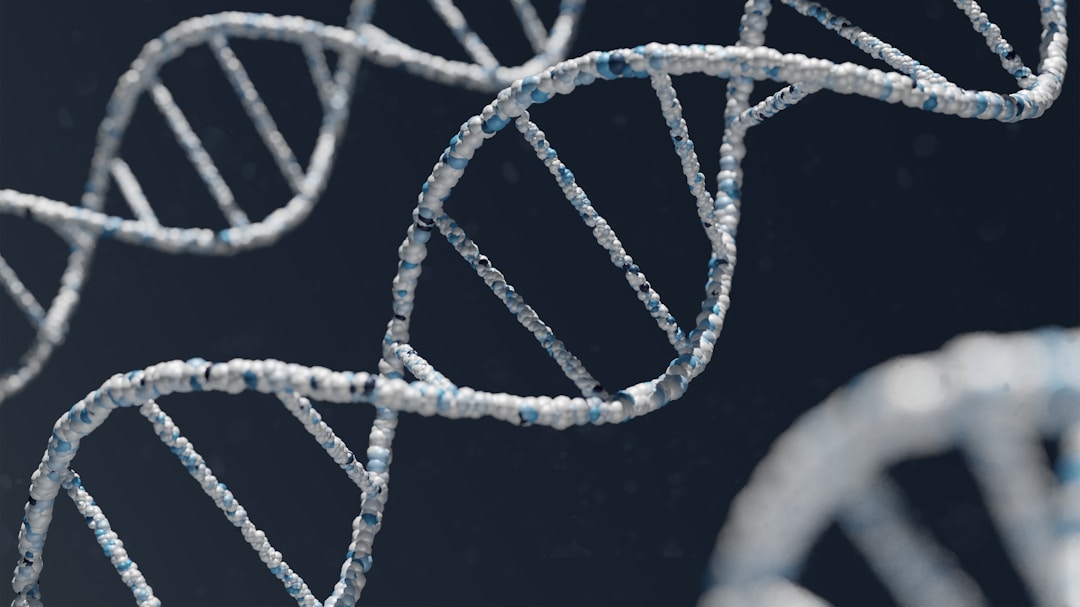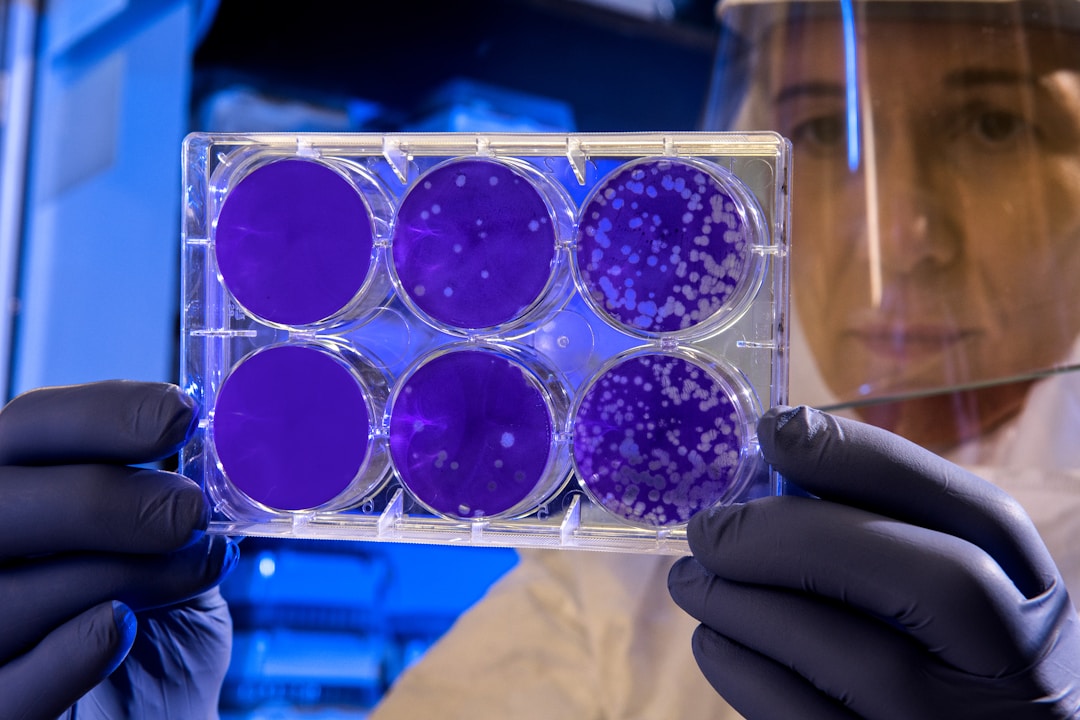
Nicotinamide adenine dinucleotide (NAD) is a crucial coenzyme found in every cell in our body. It plays a significant role in energy metabolism and maintaining proper cell function. But beyond its basic biological role, recent studies have uncovered exciting potential benefits that NAD may offer, including its influence on longevity, brain health, and prevention of certain diseases. If you’ve been curious about the buzz around NAD, this article aims to shed light on its role and potential benefits in the body. Keep reading.
The Underlying Nature of NAD
NAD is a coenzyme, a type of molecule that helps enzymes carry out their functions in the body. This means NAD is not only important but essential for life as it plays a pivotal role in transferring energy taken from the food we eat to power processes occurring within the cellular network. The NAD family consists of NAD+, NADH, NADP+, and NADPH, each having distinct but interconnected roles mainly based on energy metabolism, cellular repair, and reinforcement of our body’s defense mechanisms.
The relevance of NAD to different biological processes in the body may be ascribed to its ability to bind with other proteins and enzymes, thereby influencing their activity. Its fundamental role in cellular respiration, specifically the process by which cells use nutrients to produce energy, speaks volumes about the extent to which NAD contributes to maintaining our overall health and vitality.
In the recent past, NAD studies have gained considerable traction in the scientific community. This is triggered by fascinating findings indicating its potential role in managing age-related decline, mitigating the risks of neurodegenerative diseases like Alzheimer’s and Parkinson’s disease, and its function in DNA repair. These areas of research offer promising insights into how manipulating the levels of NAD in the body may lead to therapeutic benefits.
The Role of NAD in Energy Metabolism
One of the main functions of NAD is in energy metabolism. It helps in the conversion of nutrients into adenosine triphosphate (ATP), the energy currency of cells. In this process, NAD+ acts as a carrier for electrons, shifting them from one reaction to another in the metabolic pathway, hence facilitating cellular function.
NAD+ also plays a crucial role in the release of energy from glucose, a key source of power for cells. This energy-release process generates the NADH molecule from NAD+, which then cycles back to NAD+ after delivering its load of electrons to other enzymes. Understanding this cycle is central to understanding how our bodies generate energy and how we might manipulate these pathways to improve health and manage disease.
Further scrutiny has revealed a connection between NAD+ levels, metabolism, and aging. As we age, our body’s NAD+ levels tend to decline, which could cause alterations in metabolic health. This points towards NAD+’s influence not only in generating energy but also in longevity and related health issues.
NAD and Cellular Health

A cell’s health is largely dependent on the repair and replication of its DNA, and NAD+ plays an integral role in these processes. Damage to DNA patterns and errors during replication are common causes of cell death and disease, including diseases like cancer. Supporting the body’s natural repair processes could potentially avert these dire consequences.
The molecules sirtuins, PARPs (poly(ADP-ribose) polymerases), and CD38 enzymes are all important to DNA repair, and they depend on NAD+ to function. NAD+ serves as a substrate- a molecule acted upon by an enzyme— for these proteins, which may explain its role in aging and stress resistance. Recognizing NAD+’s participation in cellular repair has opened up new avenues for understanding disease and potential therapies.
Moreover, as our body’s NAD+ supply dwindles with age, the efficiency of these repair processes can also diminish. Consequently, the ability to maintain cellular health and combat age-related ailments could be compromised. This increasingly underlines the importance of maintaining adequate NAD+ precursors throughout our lifetime.
The Impact of NAD on Neurological Function
Recent research has explored the impact of NAD+ on brain health and function. The brain is especially dependent on mitochondrial function— the process of generating energy within cells, mainly via the use of glucose and oxygen. Given that, it comes as no surprise that NAD+, being instrumental in energy production, also contributes significantly to maintaining brain health.
Alzheimer’s disease and other neurodegenerative conditions illustrate damage to nerve cells that results in cognitive decline. Some of these effects may be mitigated by maintaining cellular health and energy production. Because NAD+ is integral to these processes, it has become a promising target in neuropathology research.
Moreover, the use of NAD+ in recovering from neurodegeneration is gaining interest in the scientific community. Further research on this topic is expected to advance understanding of how NAD+ contributes to brain health and how it may be used to support those with neurodegenerative diseases.
Enhancing NAD Levels
As we’ve seen, maintaining healthy NAD+ levels in the body has the potential to offer numerous health benefits. Therefore, enhancing NAD+ levels has become of great interest to scientists and healthcare professionals. Various methods to safely and effectively augment NAD+ levels in the body are under scrutiny, and that includes nutritional supplementation with its precursors. This could represent a simplified and accessible approach to leverage the potential benefits of NAD+.
Supplementing with NAD+ precursors, like nicotinamide riboside (NR) or nicotinamide mononucleotide (NMN), could raise NAD+ levels in our body, thereby promoting health and wellness. Studies have also shown that these supplements are generally well-tolerated. However, as with any form of supplementation, you’ll want to consult with your healthcare provider before embarking on such approaches.
Furthermore, lifestyle modifications such as dietary changes, regular exercise, and restrictions on alcohol and nicotine can also positively influence NAD+ levels. These interventions, combined with NAD+ supplementation, could offer a comprehensive approach to promoting overall well-being.
The Promise of NAD Research

While we’ve made significant strides in understanding the roles and implications of NAD in the body, the field of NAD research is vast and evolving. As of now, a lot about this vital coenzyme continues to intrigue scientists, and every new finding presents novel ways to approach human health and disease management.
Many questions about NAD+ are still under exploration. For instance, what’s the optimal level of NAD+ in the body? How can we best elevate these levels, and what effects might this have on different populations and diseases? These questions represent the exciting frontiers of NAD research.
One thing is for certain: the past, present, and promising future of NAD research are making significant contributions to our knowledge and approach to health. Understanding and harnessing the power of this humble coenzyme could offer powerful new therapies for some of our most challenging health issues.
Altogether, we’ve learned that NAD is not only a critical player in our body’s energy metabolism and cellular health; it holds vast potential in mitigating age-related decline and in the management of several diseases. It underpins life in a most fundamental way. Therefore, its study, understanding, and therapeutic application can have far-reaching impacts on human health and longevity.
Overall, the study of NAD and its role in the body is an exciting and fast-paced field. As we continue to uncover its potential benefits and applications, it is clear that maintaining optimal levels of NAD in the body could be a key strategy to promote overall health and longevity.








